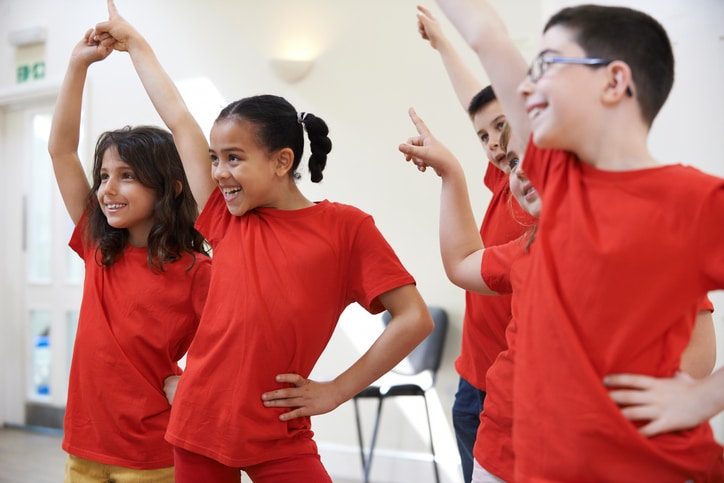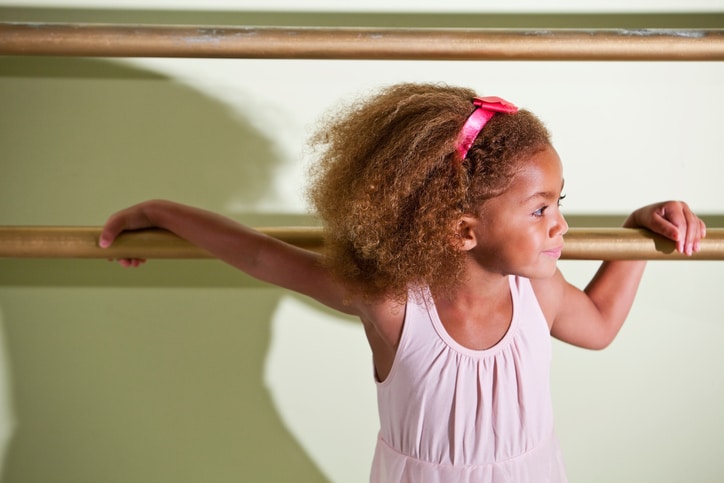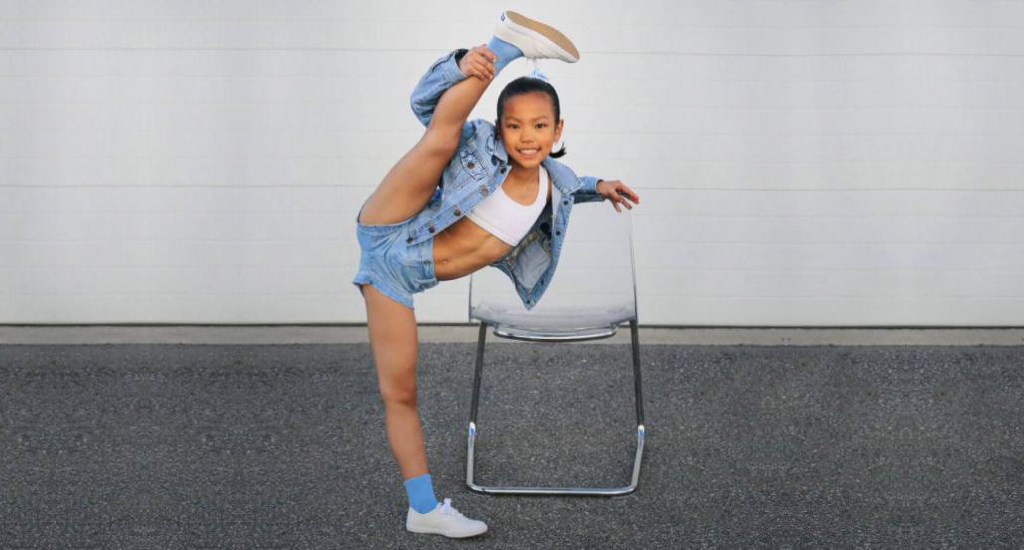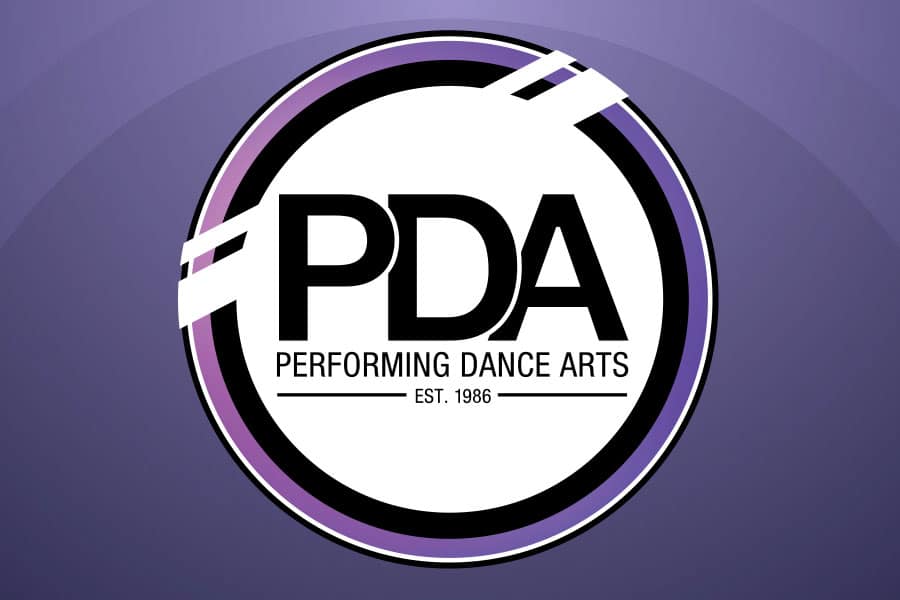The benefits of group dance competitions reach beyond the podium. Working as part of a successful team takes years of practice, dedication, and trust for all dancers involved.
As competitive dance places high expectations on young dancers, it offers them the opportunity to develop self-confidence, good communication skills, and a sense of pride. These life skills, combined with working with a team, provide dancers with tangible and indefinable rewards.
Beyond Steps and Synchrony: The Essence of Teamwork in Group Dance
In the dance world, teamwork refers to working with not only fellow dancers but with teachers and parents who share the same end goal. Across all of life’s situations, the most effective teams foster good verbal and non-verbal communication and trust.
Competitive dance demands that dancers meet the energy of their teammates in a synchronized performance. This goal requires dancers to hone their various physical, emotional, and mental skillsets. Below are some of the main components of teamwork.
Emotional Connection
Dance requires dancers to freely express their emotions through synchronized movement with their fellow dancers, as well as with facial expressions. A dance team soon learns to work off of each other’s emotions and perspective to build strong non-verbal communication. This is a special type of connection dancers develop among their teammates.
Physical Coordination
Dance lessons help to build physical strength and coordination for dancers to be able to perform various actions, especially formations and lifts as a team. A team of dancers must have exceptional trust and communication in order to execute each precise movement and depend on their teammates’ abilities.
Conflict Resolution
Dance performances of all forms can see challenges and conflicts arise with choreography, spatial awareness, lack of trust, and confrontations between dancers. Learning to work together as a group can help dancers improve their communication and work towards compromises and conflict resolutions.
From Individual to Collective: Harnessing the Power of Collaboration
Collaboration is defined as the action of working with someone to produce or create something. And what better place to collaborate than in the dance studio?
During dance classes and competitions, dancers learn to follow the direction of their instructor and work with their classmates to improve their skills and techniques. Patience, trust, understanding, and accountability all play a role in the development of a dancer. With dedication, these skills can help young dancers better collaborate with their dance team. Below are some ways teachers and parents can harness the power of collaboration.
Diversity of Strengths
Every dancer has their own unique set of skills, talents, and strengths when it comes to successfully executing a performance. Through trust and respect, a dance team leans on each other’s strengths to contribute to the routine or presentation.
Creative Brainstorming
One of the most magical and beautiful aspects of the dance world is the collective participation in the choreography of a performance. With verbal and non-verbal communication, dancers creatively brainstorm to express the movements of the theme of the story.
Shared Ownership
With any type of team, it takes accountability for each individual to work towards a successful outcome. In dance, each dancer has a particular role in a performance that, when executed as planned, creates a beautiful story. Shared ownership fosters a sense of accomplishment and pride in oneself and in each other.
Cultivating Leaders on the Dance Floor
In order to develop leadership skills, young dancers must first learn the unique art of becoming a leader. Building self-confidence and commanding the stage during dance competitions helps dancers to become more adaptable and face challenges, both on and off stage. Here’s how your child can become a strong leader.
Identifying Potential
Instilling leadership skills and building each dancer’s unique qualities begins with recognizing the potential in a dancer. By offering support and encouragement, a leader instills values in their teammates. Reinforcing their talent and providing a safe environment to strengthen their skills can help them reach personal success.
Delegation and Mentorship
A true leader leads by example but also takes the time and initiative to offer and provide support when needed. Through delegation and mentorship, a dance leader must demonstrate self-leadership with confidence to empower their team of dancers. A good leader entrusts the team through encouragement, not control.
Stage Presence and Communication
Watch any team dance performance and the leader of the troupe will become significantly clear. A good leader has strong stage presence in conjunction with good non-verbal communication with all dancers. The choreography of a dance is seamless.
The Enduring Impact: Beyond the Trophy
Being recognized for your dance skills and achievements is wonderful but dance offers more than gold medals, ribbons, and trophies. Experiencing triumphs and challenges with new friends helps a dancer to develop life skills while building healthy relationships with others.
Lifelong Friendships
The dance world is more than shared experiences. It can be a lifeline for many young dancers as they form friendships and lifelong bonds that continue to be part of their support team throughout their childhood and into adulthood.
Resilience and Adaptability
A dance team may face challenges throughout their training, which is why adaptability and resilience can help the group as a whole. Dance competitions see people overcome performance anxieties and improve their skill sets through dedication, perseverance, and collaboration.
Confidence and Self-Esteem
One of the greatest benefits of group dance performance is the development of self-esteem. When dancers need to use their skills and talent to achieve an end goal, it inspire confidence in their abilities and boosts their self confidence.
Embrace the Collaborative Spirit and Unlock Your Full Potential at PDA
At Performing Dance Arts, we focus on the individual talents and abilities of our dancers to build a strong team of skilled dancers. Our world-class instructors bring their own knowledge and experience to the studio to enhance every dancer’s physical, mental, and emotional well-being.
Contact us at (905) 856-1030 for Vaughan, (647) 640-5010 for Etobicoke, and (647) 262-1550 for our Yorkdale location.




